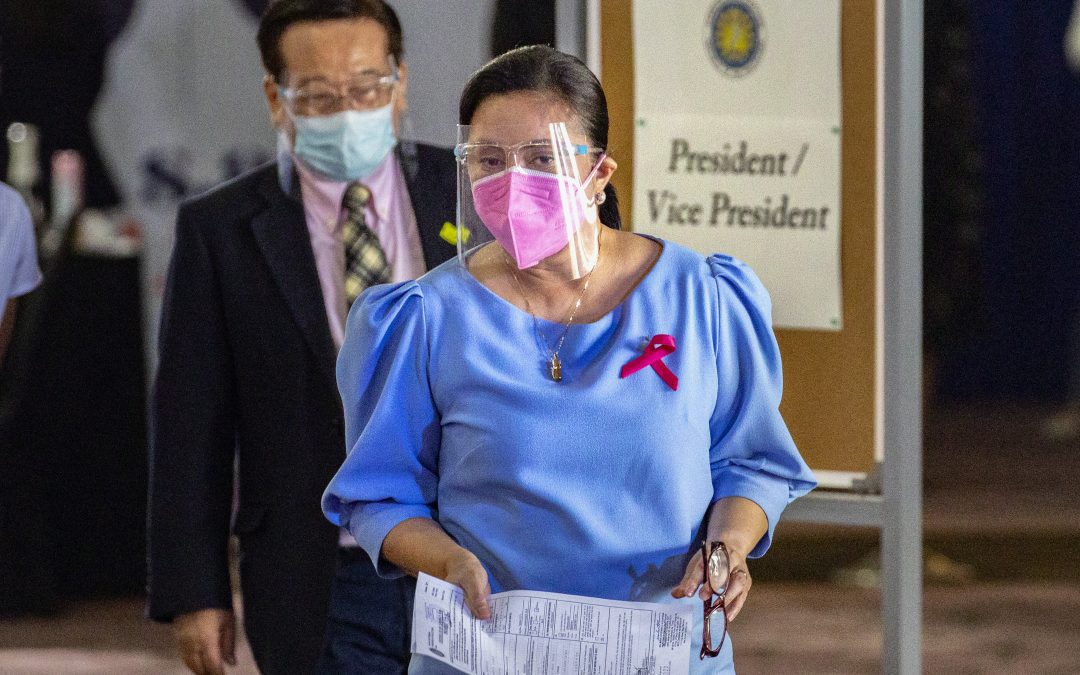A recent study shows many countries did not meet their carbon dioxide (CO2) emissions reduction targets for 2020, set during the COP15 climate conference.
This shortfall raises concerns about the commitment of nations to future climate targets, including those in the Paris Agreement, according to Vatican News.
Published in Nature Climate Change, the research involved academics from University College London, Kingston University London, University of Groningen, and Tsinghua University.
It found that 19 out of 34 countries assessed failed to achieve their emissions goals. This occurred as Pope Francis issued a call in ‘Laudate Deum’ for stronger action against climate change.
The study used data from the International Energy Agency and global CO2 emissions models to evaluate each country’s performance.
While Bulgaria, Finland, and the United States met their targets, economies such as Australia, Canada, and Japan did not.
The study also noted the practice of “carbon transfer,” where seven countries, including Belgium and France, outsourced pollution-intensive processes while reducing domestic emissions.
Professor Klaus Hubacek from the University of Groningen and co-author of the study emphasized the need to understand the full scope of national emissions.
“To detect carbon transfer, it is crucial to differentiate between territorial and consumption-based emissions,” said Hubacek.
“This helps us understand whether countries reduced their territorial CO2 emissions by outsourcing polluting practices,” he added.
The study highlights the insufficient ambition of the targets set and the powerful impact of economic and demographic growth on emissions.
“Countries set their targets based on their capabilities, yet they still failed to meet their CO2 reduction goals. These targets are not ambitious enough,” Hubacek said.
In response, the researchers call for increased investments in green technologies and stronger policies to support sustainable practices.
“Understanding why countries failed to achieve their emissions targets is crucial to inform policymakers,” said Shaikh Eskander, a senior lecturer in Economics at Kingston University London and another co-author of the study.






0 Comments